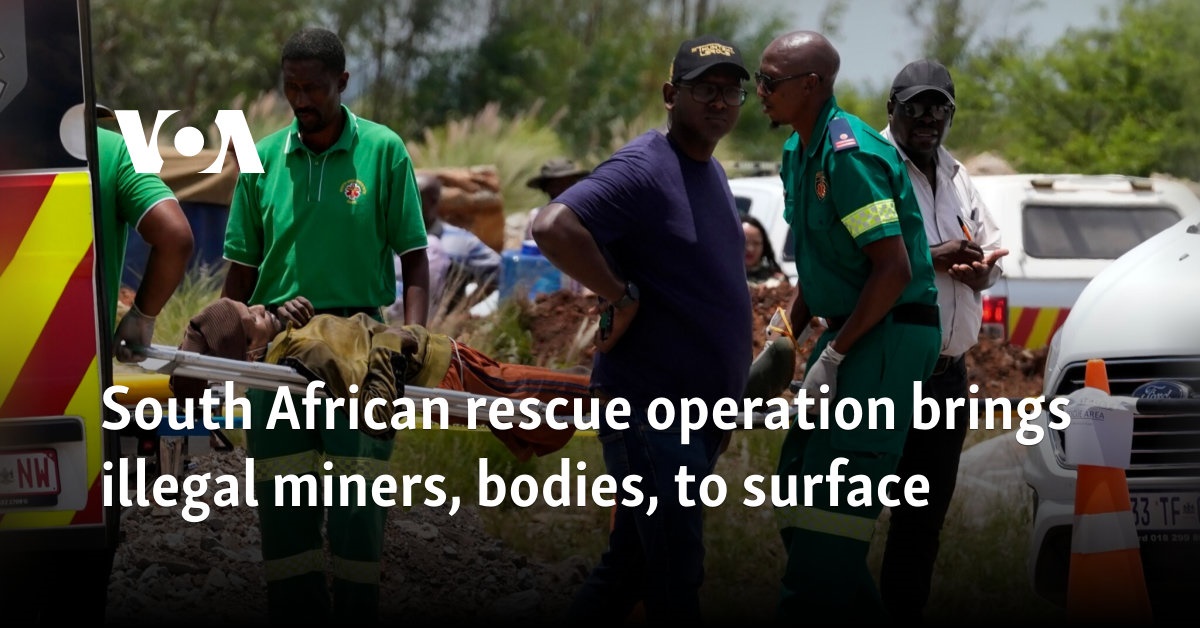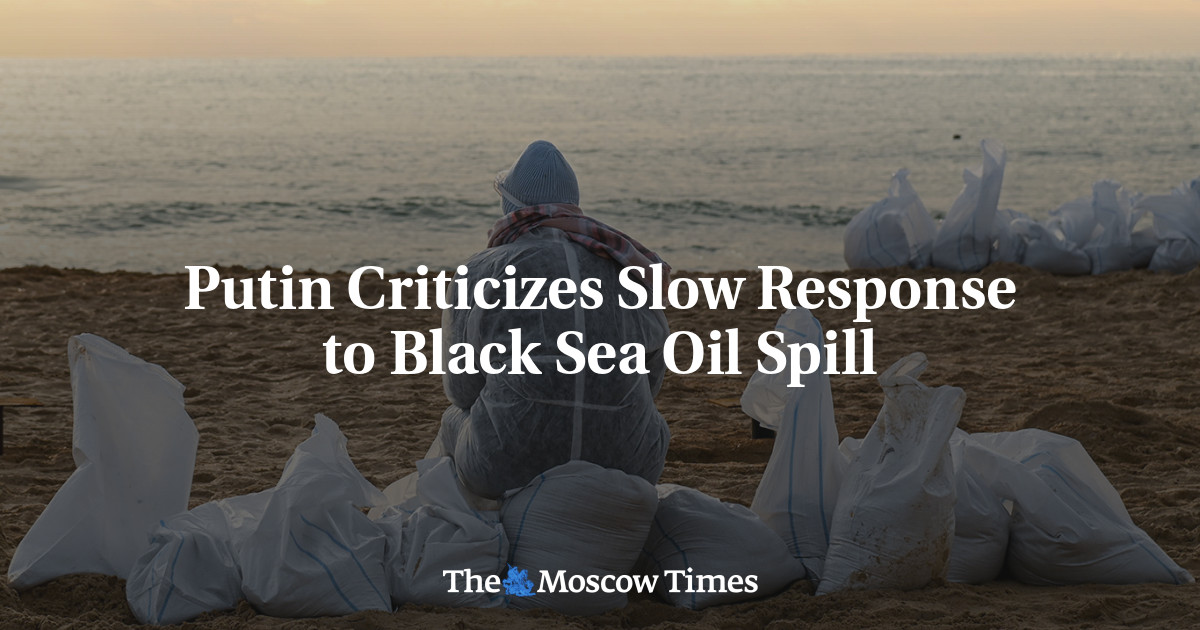With U.S. President-elect Donald Trump expected to take office on Jan. 20, dozens of AI-generated videos of him allegedly issuing directives and threatening to withhold aid from certain African countries have been circulating on social media.
One of those countries is Kenya, where a recent wave of allegedly state-sanctioned abductions of government critics is spreading fear. Hundreds of young people remain missing since anti-government demonstrations in June.
On Dec. 28, a content creator with about 20,000 TikTok followers shared phony footage of Trump threatening to withhold U.S. aid from Kenya if the alleged abductions continued. The clip went viral with 357,000 views as of the time of this writing.
In the video, the deepfake representation of Trump says: "If Kenyan government will not stop the abductions, I want to promise you that the U.S. government will stop funding Kenya and issuing loans. The International Monetary Fund will also stop issuing loans to Kenya."
That is false.
The clip bears the hallmarks of a deepfake video, with words out of sync with the lips and body motion.
In the background, the clip uses the logo of the White House, which has not published any such video on its website with Trump yet to assume office. There are no such statements from Trump’s first presidential term either.
From TikTok, the deepfake video spread to other social media platforms. Shared on X in late Dec. 30, the video has since attracted close to 200k views.
Many social media users across different platforms assumed the footage was authentic, expressing satisfaction about Trump’s apparent show of support for the missing people. Some, however, commented that it was fake. As one X user said:
Trump has not publicly commented on abductions in Kenya, for which some have blamed the Kenyan government.
Secretary of State Antony Blinken issued the latest U.S. government statement on the abductions Nov. 7, when he conveyed to Kenyan President William Ruto the importance of ‘’full accountability for security forces reportedly involved in protest violence and ongoing abductions.”
On Dec. 28, Ruto promised to stop the state-sanctioned abductions of government critics. “What has been said about abductions, we will stop them so Kenyan youth can live in peace, but they should have discipline and be polite so that we can build Kenya together,” he said.
In the West African nation of Nigeria, dozens of similar AI-generated videos have flooded social media since Trump’s re-election.
On Nov. 15, a Nigeria-based X user shared a video clip of Trump allegedly announcing changes to U.S.-Nigeria immigration policy.
“I am announcing a temporary policy shift, one that aims to encourage Nigerians, especially those in critical professions, to stay and invest in their homeland. As part of this policy, the U.S. will limit certain visa approvals for Nigerians,” Trump is seen saying in that AI-generated deepfake.
That clip went viral on X with 871,000 views. As with the Kenyan deepfake, the Nigerian “Trump” also originated from TikTok, where dozens of users shared it.
In the footage, created using older authentic footage of Trump, the words are out of sync with his lips and body movements.
A check on Trump’s social media accounts and U.S. and international mainstream media shows that he has not published any such statement.
During Trump’s first presidency, Nigeria was among six countries from which his administration restricted immigration. The others were Eritrea, Sudan, Tanzania, Kyrgyzstan and Myanmar.
Another example is AI-generated footage of Trump calling for the release of Nigerian separatist leader Nnamdi Kanu, who is facing terrorism charges. That phony footage was shared on TikTok the same day as the visa-restrictions deepfake. Kanu, the leader of the Independence Movement for the Indigenous Peoples of Biafra, has been advocating for the secession of southeastern Nigeria.
“I am calling on the Nigerian government to release Mr. Nnamdi Kanu who has been detained under circumstances that raise questions of fairness, human rights and basic justice,’’ the phony representation of Trump says in the deepfake video.
‘’Let me be very clear. If Mr. Kanu is not released by Nov. 31, 2024, my administration will begin the process of withdrawing medical, financial and humanitarian aid that we provide to Nigeria.”
In late December, NPR reported that 2024 saw a surge of AI-generated political memes and deepfakes worldwide. In Indonesia, a political party “resurrected” a long-dead dictator, Suharto, for use in a political ad. In India, deepfakes shared on social media had significant impact on voters’ choices in the national elections. And in the United States, Trump and his allies embraced AI-generated memes throughout the presidential race.

 By Voice of America (Africa) | Created at 2025-01-03 22:56:52 | Updated at 2025-01-15 11:42:50
1 week ago
By Voice of America (Africa) | Created at 2025-01-03 22:56:52 | Updated at 2025-01-15 11:42:50
1 week ago








